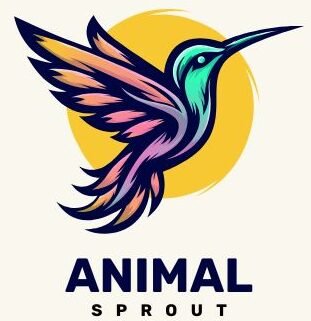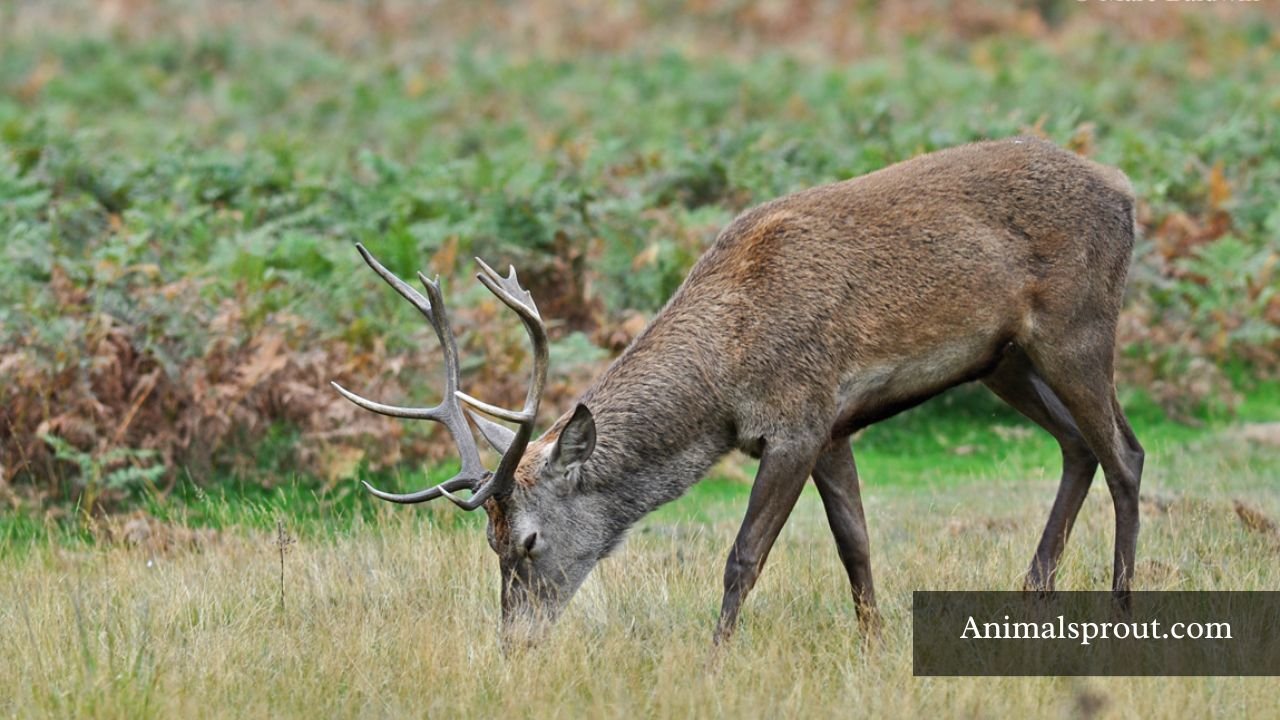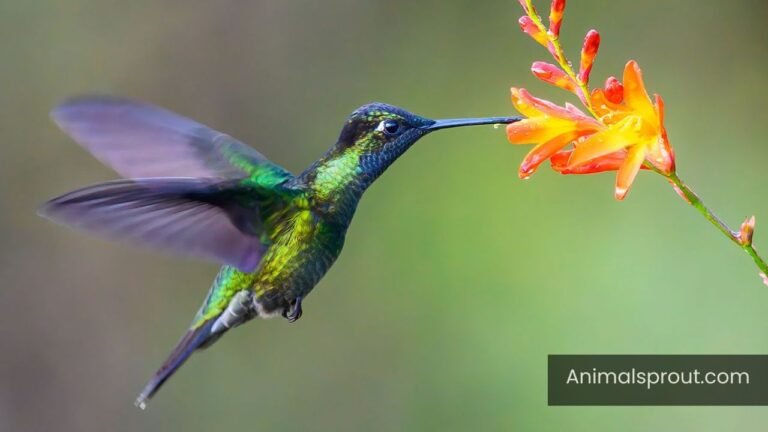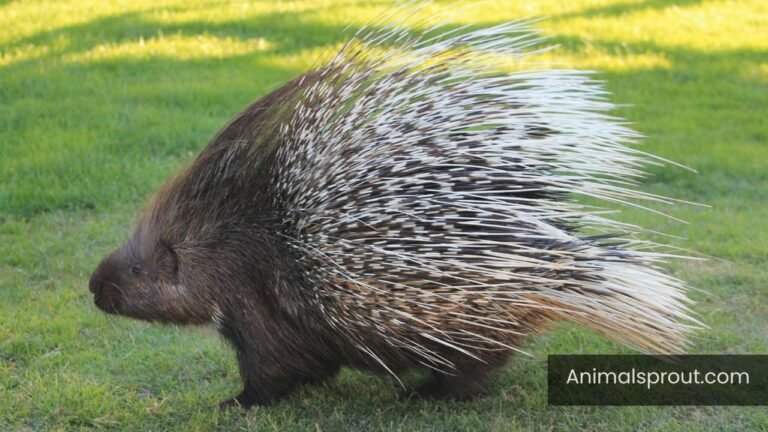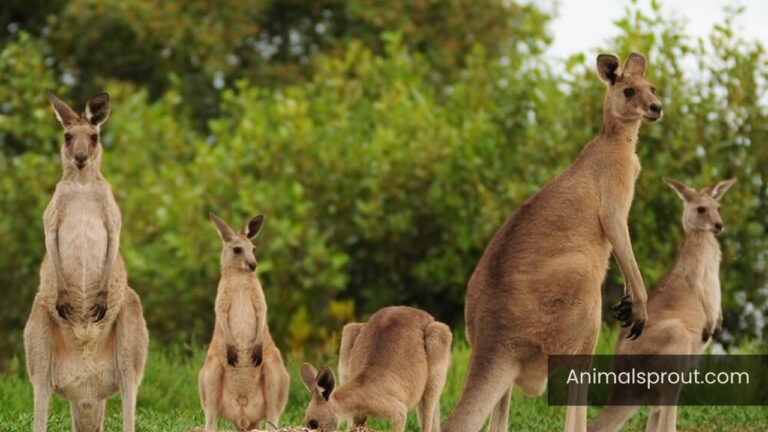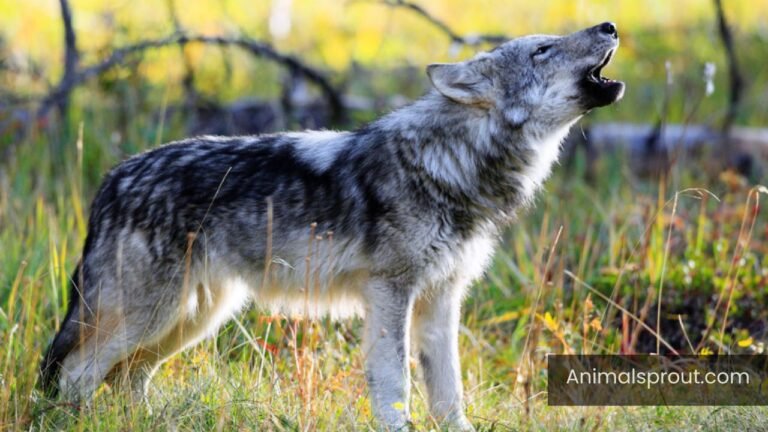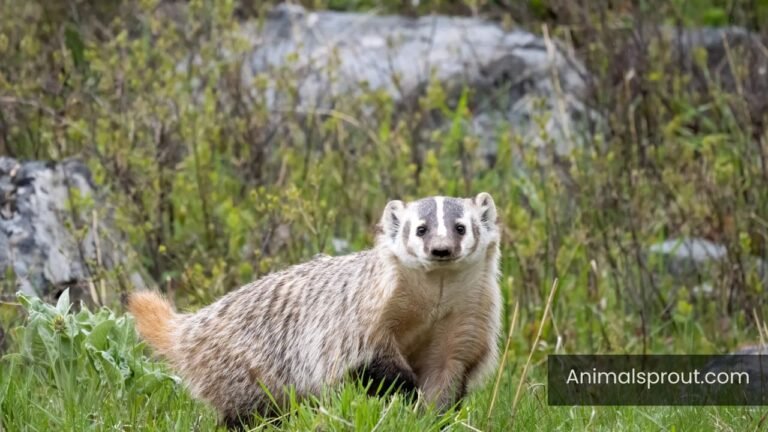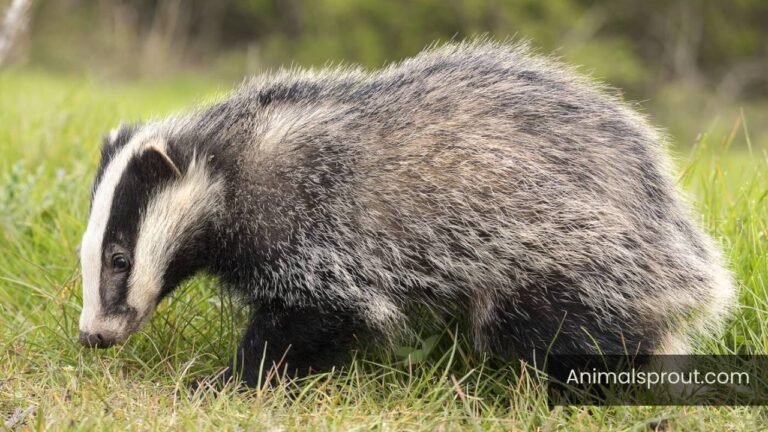Interesting Facts: Can Deer Eat Mice?
It’s a common belief that deer are strict herbivores, but can deer eat mice? This shocking question challenges our assumptions about these gentle creatures and their dietary habits. With ecosystems rapidly changing, understanding the full range of a deer’s diet — whether for survival or ecological balance — is more important than ever. In this article, we’ll investigate the nuances of deer feeding behavior and reveal what you need to know about their surprisingly versatile appetites.
Can Deer Eat Mice?
While deer are primarily herbivores, their diet can be surprisingly varied, leading many to wonder if they might munch on small creatures like mice. Though the majority of deer subsist on a diet of grasses, leaves, and twigs, anecdotal evidence suggests that they may occasionally consume protein sources when other food is scarce. This instinctive behavior could be a survival tactic during harsh winters or in environments where their usual forage is limited.
How Often Do Deers Eat Mice?
In the intricate web of forest ecosystems, deer often showcase surprising dietary flexibility. While deer are primarily herbivores, their opportunistic feeding habits sometimes lead them to consume small animals, including mice, especially during periods of food scarcity. This behavior is typically more pronounced in regions where their traditional forage — like leaves, fruits, and grasses — is limited by seasonal changes or environmental stressors.
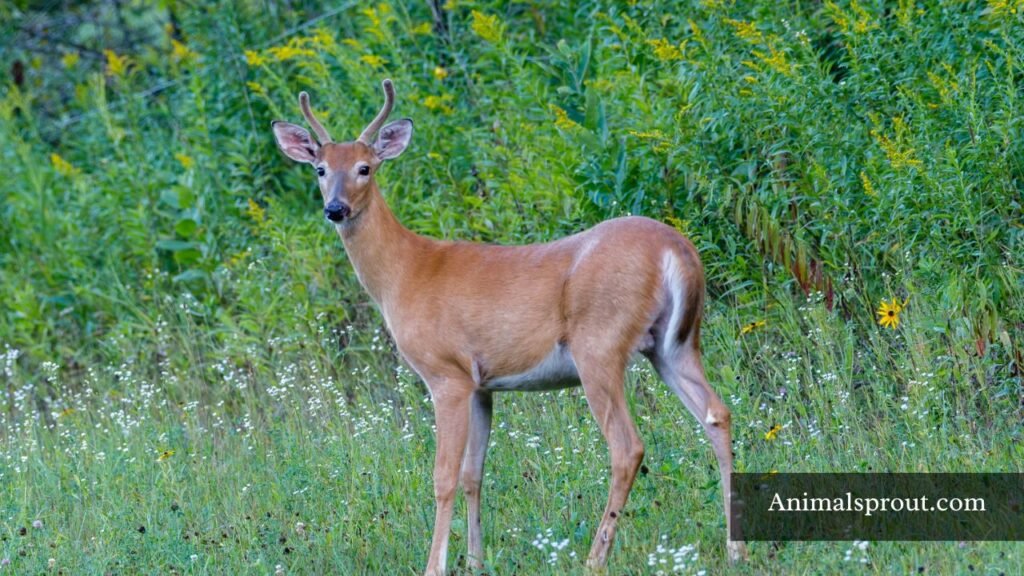
Interestingly, deer appear to consume mice not just for sustenance but also as a response to protein deficiency. When the nutrient content of their usual plant-based diet dips, particularly after harsh winters or droughts, these animals may turn to protein-rich sources like small mammals. Such behavior highlights an often-overlooked adaptability in deer; they are not just passive grazers but active participants in the balance of their habitats, influencing rodent populations in unforeseen ways.
What Animals Do Deer Eat Other Than Mice?
Deer are primarily herbivorous, their diets can be surprisingly diverse, and they may consume small animals on rare occasions. Aside from mice, deer have been recorded nibbling on insects, bird eggs, and even small amphibians when foraging in their natural habitats. This opportunistic behavior highlights their adaptability to varying environmental conditions, where food sources may be scarce.
In addition to these smaller critters, deer are known to occasionally munch on carrion, especially during harsh winters when vegetation is limited. This behavior underscores a fascinating aspect of their survival instincts, showcasing how the line between strict herbivory and opportunistic scavenging can blur in the wild. Observing such dietary flexibility can reshape our understanding of deer not just as grazers, but as complex creatures responding to their ecosystem’s demands.
Do deer eat rodents?
While deer are primarily herbivorous creatures, their dietary habits can occasionally stray into more unexpected territory. Interestingly, there are instances where deer have been observed nibbling on small animals, such as rodents. This behavior may arise from instinctual reactions or opportunistic feeding, especially during periods when their primary food sources are scarce. Certain environmental conditions, like harsh winters or droughts, can push deer to explore unconventional nutrition sources to survive.
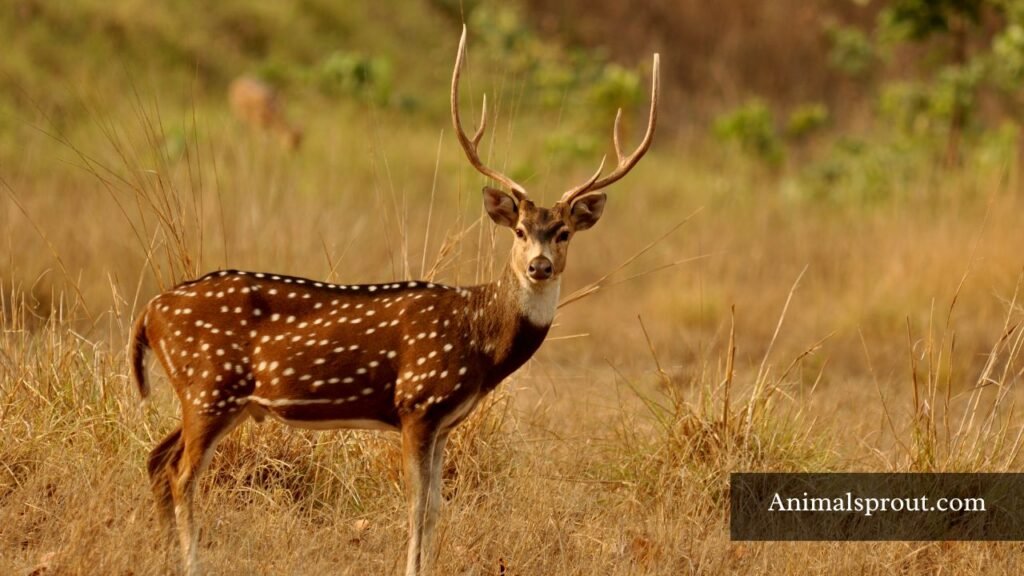
What Happens When Herbivores Eat Meat?
When herbivores indulge in an unexpected meat-based meal, the consequences can be fascinating and complex. Their digestive systems are primarily adapted to break down plant material, featuring long intestines filled with microorganisms that ferment cellulose. Introducing meat can disrupt this delicate balance, leading to possible digestive distress or even metabolic shutdown. Some studies suggest that instances of herbivores consuming small amounts of animal protein may occur in nature, possibly as a response to nutritional deficiencies, yet these events can trigger a cascade of behavioral and physiological changes.
Interestingly, this meat-eating behavior can unveil surprising adaptability. In environments where forage is scarce, herbivores might instinctively seek out alternative food sources as a survival strategy. For example, reindeer and other ruminants have been observed nibbling on carcasses during harsh winters, showing an instinctual drive to maximize their nutrient intake. Such flexibility not only reinforces the idea of herbivores as strategic foragers but also challenges our perception of strict herbivore versus carnivore classifications, blurring the lines and encouraging a deeper understanding of food web dynamics.
Readmore: Explore Top 17 Most Strongest Animals In The World.
Final Thoughts
Deer are primarily herbivores, their diet can sometimes include small animals like mice, especially in extreme conditions when food sources are scarce. Observations and studies suggest that deer may consume mice opportunistically rather than as a regular part of their diet. This adaptability showcases the survival instincts of deer, allowing them to thrive in various environments.
Understanding the complexities of deer eating habits provides valuable insights into their behavior and ecosystem roles. As you explore the fascinating world of wildlife, consider the intricate relationships between different species and the importance of biodiversity in maintaining ecological balance.
FAQs
Do deer eat squirrels?
Yes, deer can eat squirrels, but it’s quite rare. They are primarily herbivores, focusing on leaves, grasses, and other plant materials. However, during harsh winters when food is scarce, they may resort to eating small animals like squirrels if necessary for survival.
Do deer eat mice in the winter?
There are rare instances where they might eat small animals, including mice, especially during harsh winters. When primary food sources like grasses and shrubs become scarce, deer may resort to more unconventional dietary choices. This behavior, however, is quite uncommon and not a significant part of their diet.
